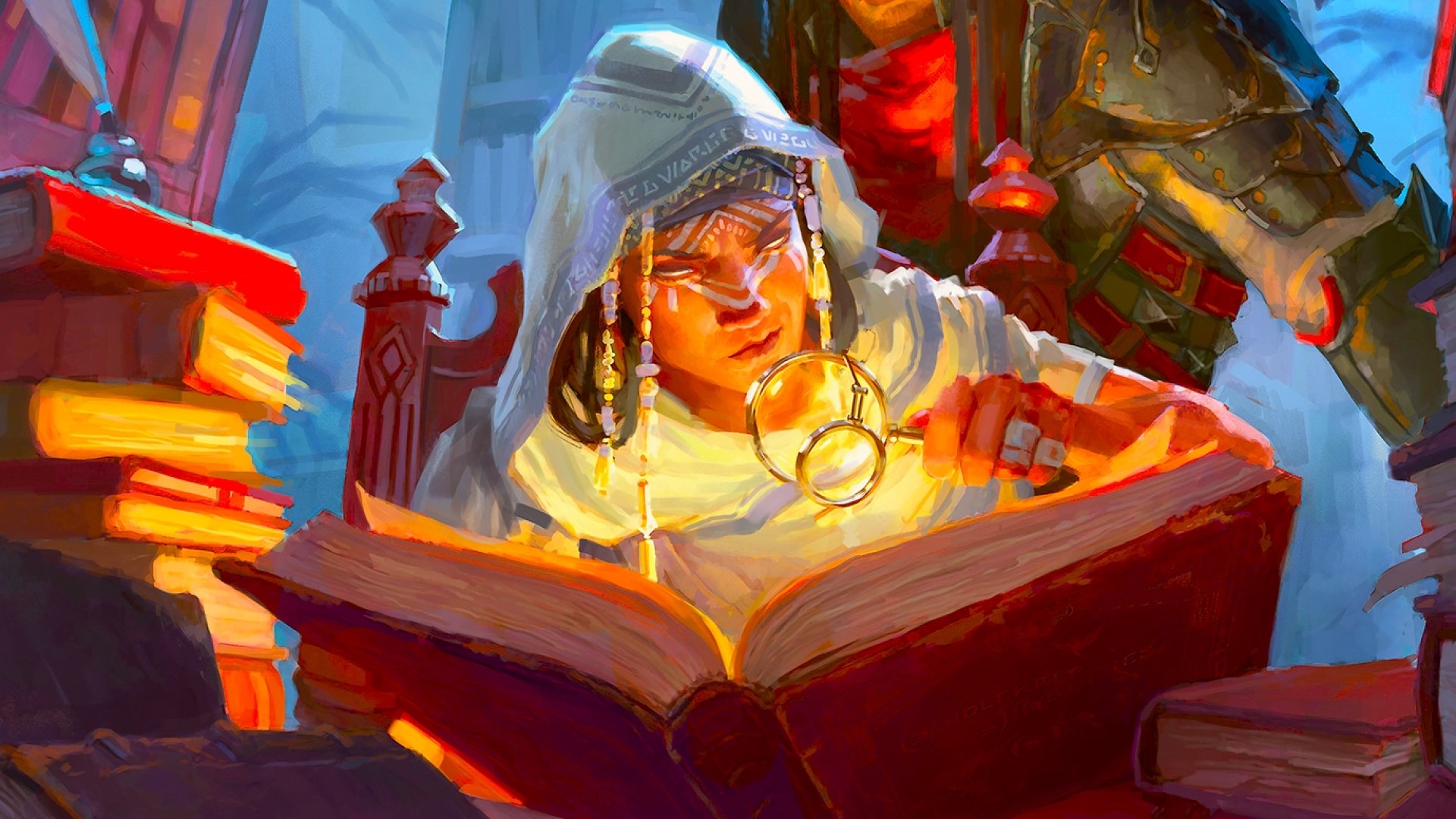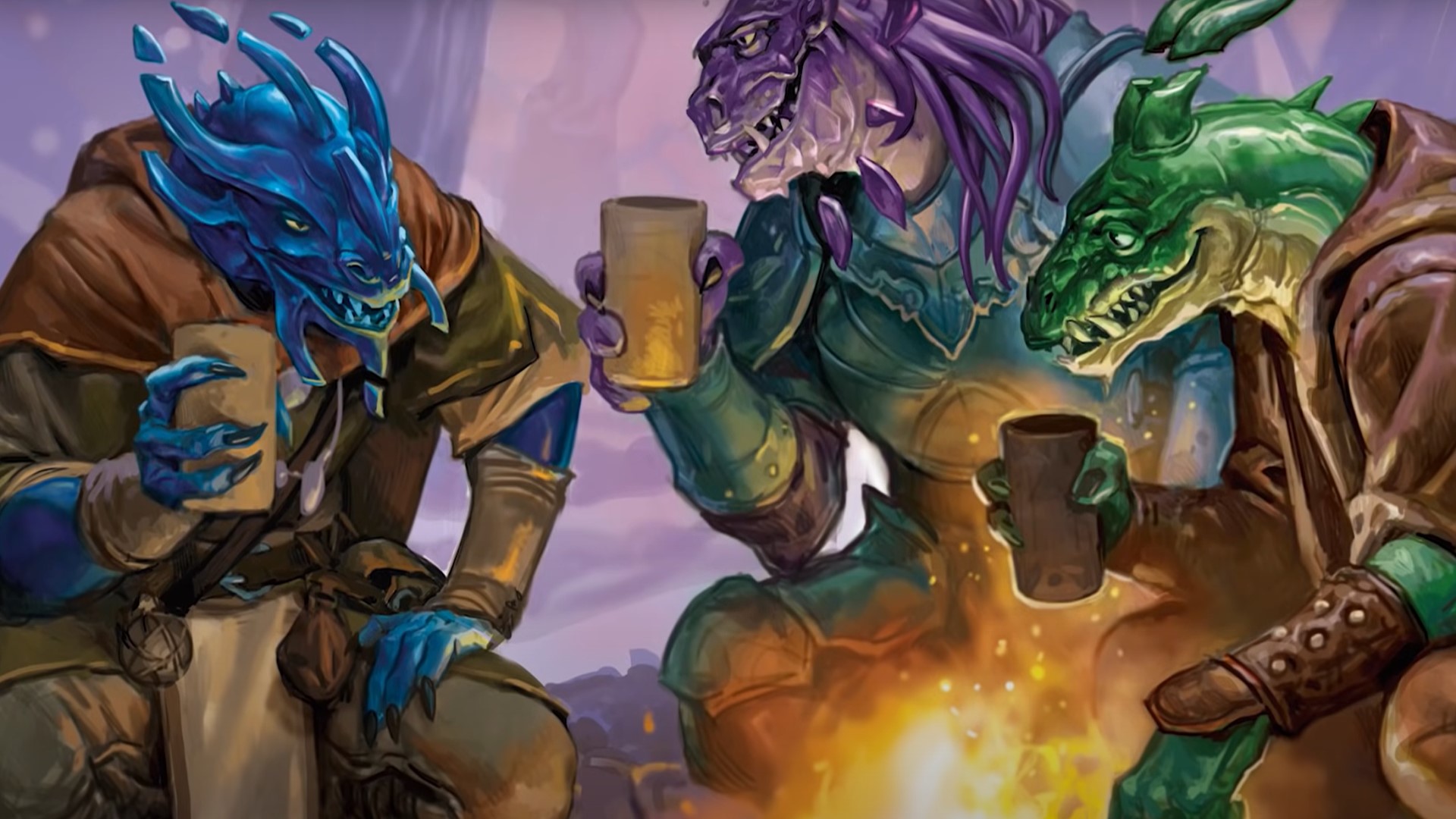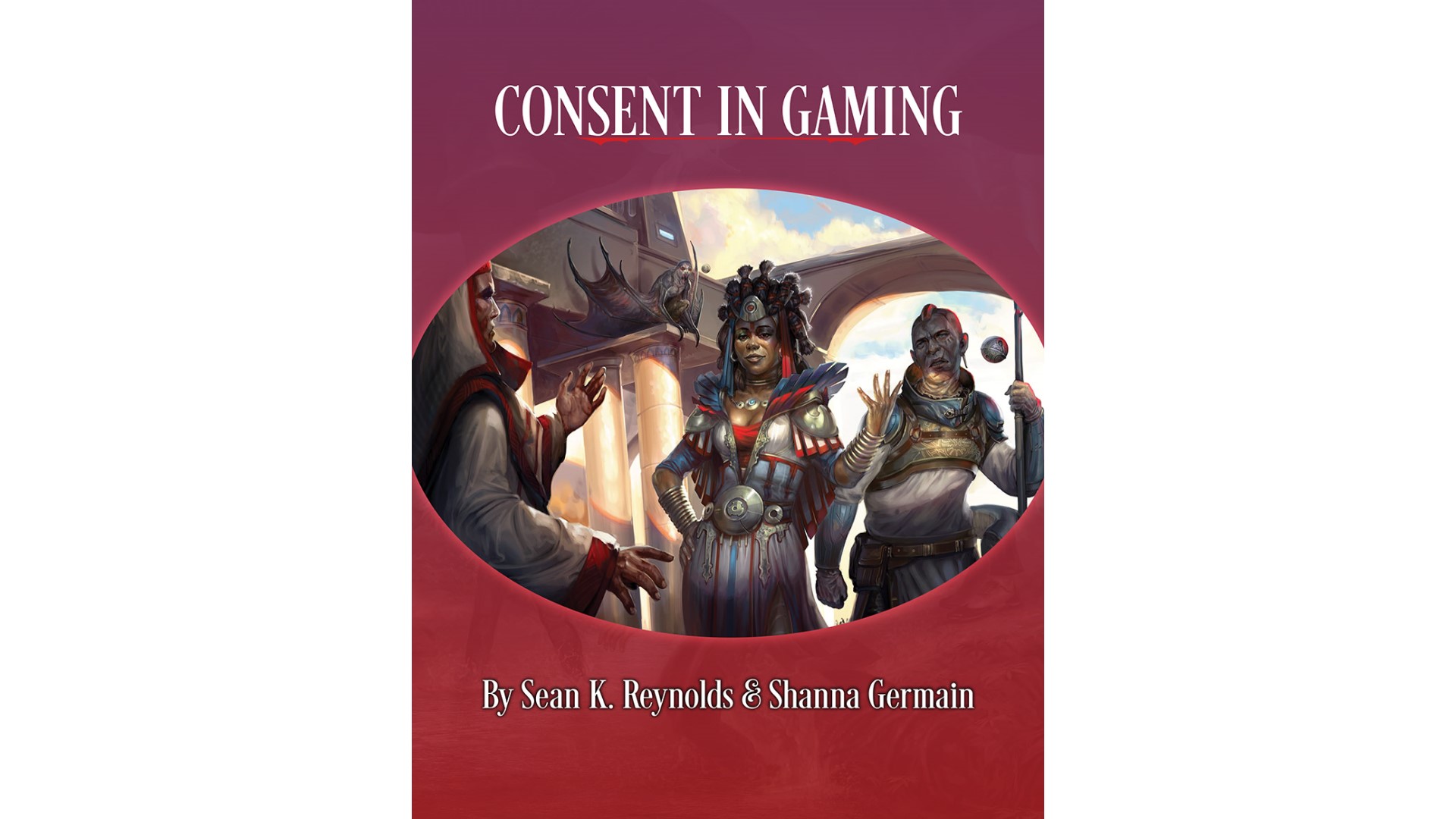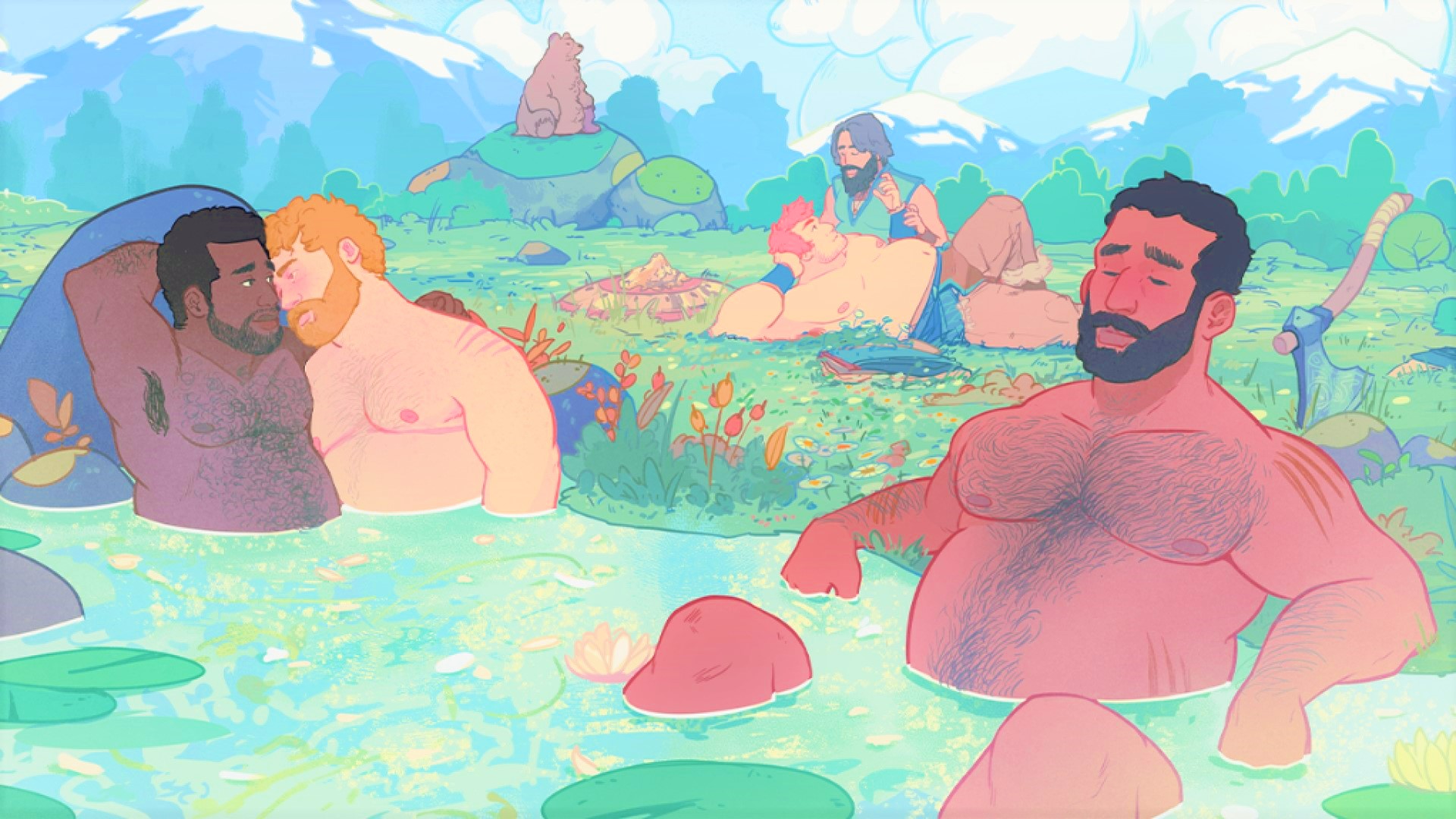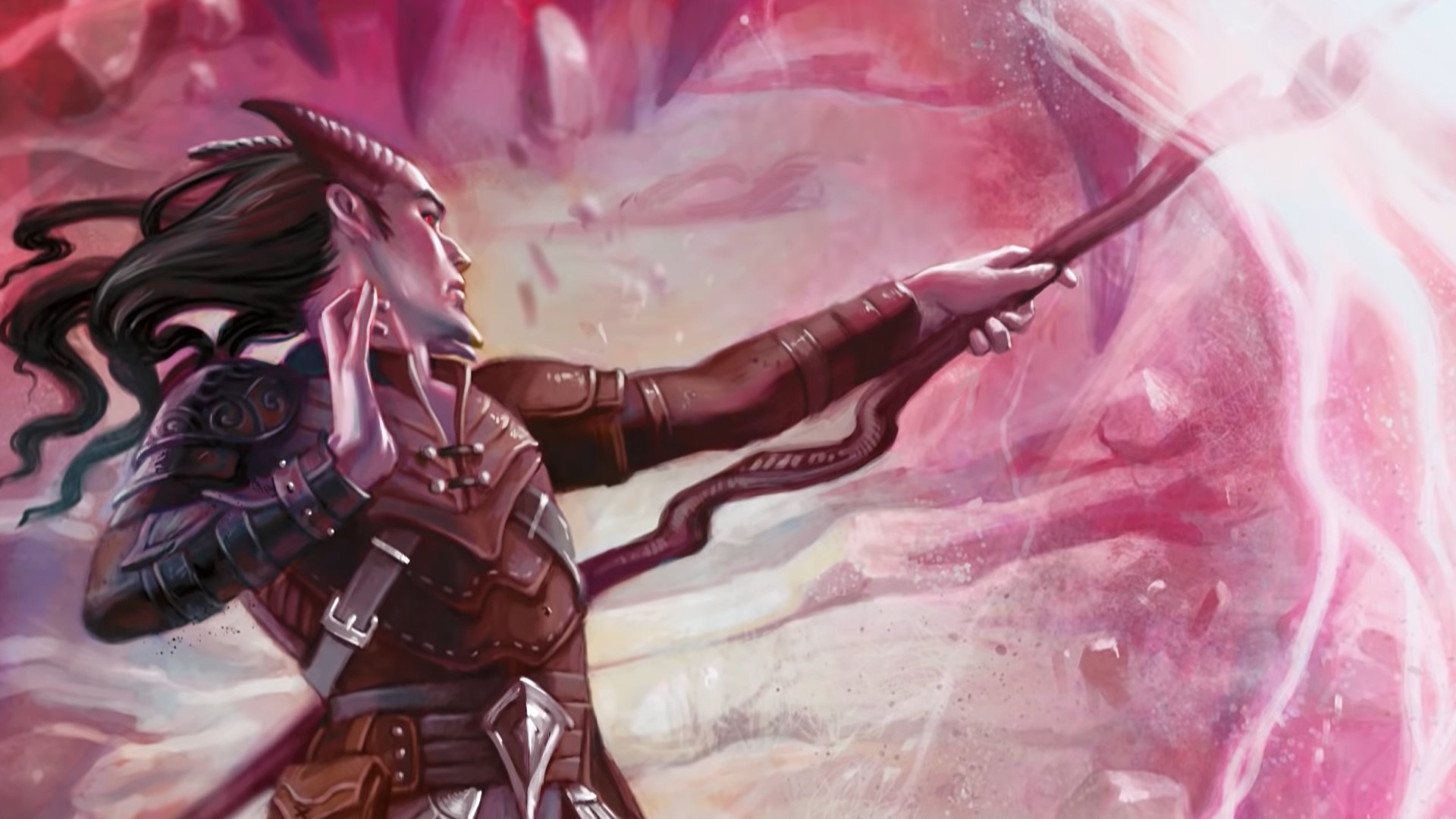It’s great to have a chance to be someone else. Tabletop RPGs like Dungeons and Dragons let us live out fantasies where we live vastly different lives – ones where we can usually change the world with a few simple choices. It’s incredibly freeing. And while it’s great fun pretending to be someone we’re not, RPGs also offer us a chance to look inward. We can test out new labels, ideas, and identities to figure out who we truly are.
Sometimes this level of introspection can be scary, even in a game. Below I’ll give you some tips for exploring one specific aspect of your identity through tabletop RPGs – queerness – while remaining safe and comfortable. Whether you want to test new pronouns or new options for love, this guide will hopefully help you turn the tabletop into a safe space for exploration.
If you want some help building a fictional character to explore the real you, here are a few other TTRPG guides from Wargamer. Choosing the right DnD races, DnD classes, and DnD backgrounds can help you maximise your enjoyment of a game like Dungeons and Dragons while you’re also busy finding out more about yourself.
But back to it – here are my top tips to safely explore queerness in tabletop RPGs.
Do some research
Before you begin a game, it can help to know what aspects of queerness you’d like to explore. A little reading around the subject can go a long way towards making you feel more comfortable (or even inspire you to try new things).
There are decades worth of academic books dedicated to LGBTQ+ identities, but you don’t need to be versed in queer theory or know the full history of every person who has ever been queer. However, background research can help you find a language to express your feelings.
If you’re not one for big heavy textbooks, the internet is also a vast and often easily digestible resource. You can even talk to real people for research – many social media sites will have queer communities filled with people who might share their own background knowledge if asked politely.
Clearly communicate your intentions
Any time you want to touch upon something sensitive in an RPG, it’s important to clearly communicate your intentions to the other players. Be open about what you want to explore in-game, and your peers are more likely to be supportive. They might even have input that will open your eyes.
If you’re a Dungeon Master, this rule goes for you too. You should talk to players about the themes you plan to include in your campaigns, and if another player wants to explore queer identities in your campaign, it will help you both to learn what their goals are and how you can collaborate on the experience.
Open communication is also about establishing what makes people comfortable at the table. For whatever reason, someone else might express discomfort with a topic you want to explore or how you want to roleplay it. If someone tells you that something upset them or doesn’t feel true to life, it’s important to listen without getting defensive.
Remember that D&D and RPGs are collaborative experiences. It’s always important to talk to your fellow players and whoever’s running your game to make sure that they’re happy and safe at the table. Communication is key when you want to work together to tell a story. This also includes listening, especially if someone tells you something about their personal experiences or considers your behaviour to be rude or offensive.
Use safety tools
One way to foster a comfortable environment and open communication is by using safety tools. These help you set boundaries before a game. Tools like Lines and Veils, which let players highlight topics they want to tread carefully around or avoid completely, are super helpful for exploring queer themes without causing someone else (or yourself) emotional distress. There are a whole host of safety tools out there, from Monte Cook’s ‘Consent in Gaming’ to the TTRPG Safety Toolkit.
Implementing safety tools is something that can be rewarding no matter what sort of game you’re expecting to play. Even if you don’t plan to use RPGs to explore different aspects of your identity, it’s important to make sure you’re comfortable and safe with what’s going on.
Create flexible and fluid experiences
Once you’re playing a game that explores queer themes or characters, it helps to remain flexible. There are times when a character is absolutely in stone as to who they are and how that reflects you, but part of the joy of using an RPG to explore yourself is letting yourself go with the flow and adapt to situations you might not have expected beforehand.
Allow your character to be changed and moulded by the way they interact with other characters, not just by how you see them. While this might seem scary at first, that’s why we use safety tools. Additionally, DM’s shouldn’t push things too hard for players and give them leeway to guide the story with their characters.
Being fluid with how you see your character and letting yourself see where the stories go is a way to not just have more fun at the table, but to find out more about yourself. Letting yourself make those snapshot decisions can tell you more about yourself than you might initially think.
Example: How I explored queerness through tabletop RPGs
The first time I tried out she/her pronouns was through a D&D game where I played a character called Lillith. Though she wasn’t around very long (dying unceremoniously to a coven of hags), Lillith gave me an opportunity to try out new pronouns in a safe environment.
My only regret about it is that I wasn’t more open about what I wanted to do. If I had communicated a desire to explore my own queerness to others, it would have likely been a much more rewarding experience.
D&D and RPGs are a space where you can be anyone and do basically anything. There’s nothing to stop you from exploring any element of yourself that you might want to. Making sure that you and everyone else at the table is having fun is paramount, but as long as you’re doing that, then there’s no reason not to use that new DnD Dragonborn Fighter 5E that you just rolled as a way to try out new pronouns.
I hope you have fun, I hope you find yourself, and I hope you roll well.
Source: Wargamer



